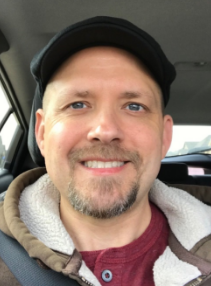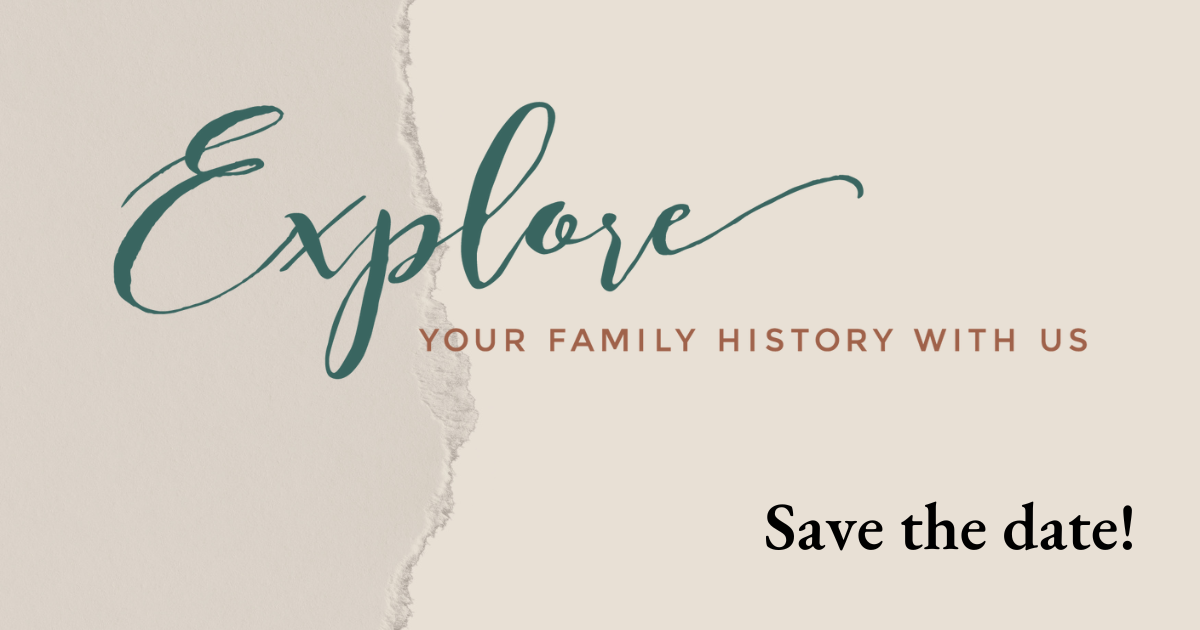My IGHR Experience

by Kevin Jennings

I have worked as a Public Service Specialist for the Dallas Public Library for over twenty-five years, the past two of which have been in the Genealogy and History Division of the J. Erik Jonsson Central Library. Although I was a history major in college, I had no real background in genealogical research when I began working in a department that specializes in history and genealogy. I have learned much from my colleagues, and with their help and training, I have been able to trace several generations on some of my ancestral lines, but I was also having trouble breaking through multiple brick walls. In addition to the challenges in researching my own family, there were many methods I was just not familiar enough with to adequately assist the patrons who came to do in-depth research at our library.
In March I applied for, and was granted, the 2022 Lloyd DeWitt Bockstruck Scholarship to attend The Institute of Genealogy and Historical Research (IGHR) Conference, which was held in July. Being a relative beginner, I chose to take the Intermediate Genealogy and Historical Studies course. I thought this course would offer lectures on the widest variety of subjects and give me the broadest base of knowledge on which to build my research skills.
The week-long conference included lectures from such renowned genealogists as Judy Russell, Michael Strauss, and Thomas Jones. We covered subjects ranging from the Genealogical Proof Standard and various research methods to census, religious, and military records. Dr. Russell spoke about wills and the probate process and there were lessons on tax records and using DNA test results by Nicole Dyer and Karen Stanbary respectively.
Somewhat to my surprise, my favorite presentations were on the use of federal, state, and local land records by Angela McGhie and Kimberly Powell. The wealth of information to be found in documents associated with homestead, headright, and bounty land applications can be a genealogical jackpot. I am currently trying to use land records to help trace my second-great-grandfather’s journey from New Jersey to Texas via Illinois, where he met and married my second-great-grandmother. I hope to use associated documents to piece together some of the details of his life.
I haven’t even mentioned the lectures on using manuscript collections, newspapers and city directories, and immigration and naturalization records. Altogether, it was almost a genealogy research method overload. I’m still in awe of the amount of information and the quality of lecturers to whom I was fortunate enough to be exposed. I still have a long way to go to reach the level of expertise of my fellow staff members at the library, but I’m certain the knowledge I acquired at the IGHR Conference will provide a firm foundation for my future growth as a genealogical researcher.

